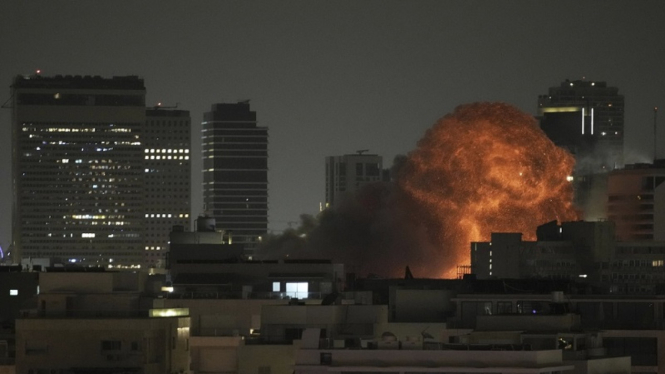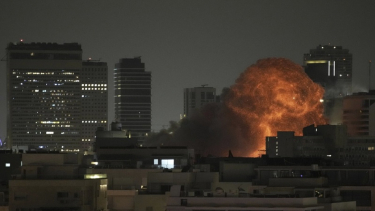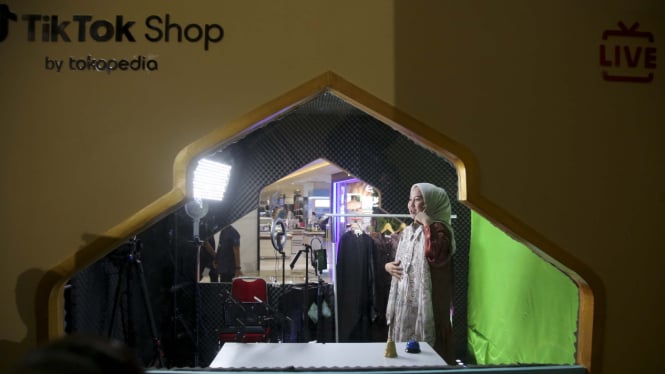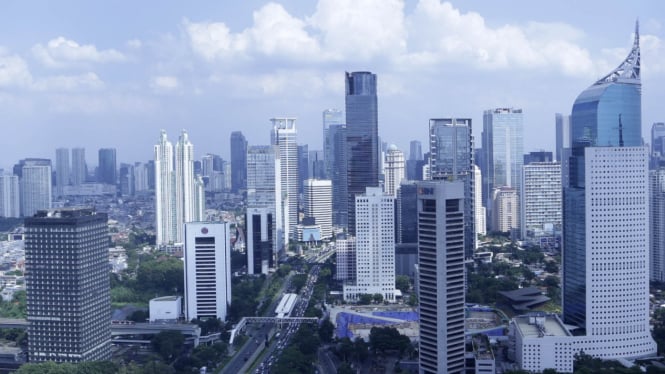Israel Closes Embassies Worldwide Amid Escalating Iran Tensions
- AP Photo/Baz Ratner
Jakarta, VIVA – Israel has ordered the temporary closure of all its embassies, including in Argentina, after a comprehensive attack on Iran’s nuclear and military sites on Thursday night.
After the attack, in which military commanders, nuclear scientists and civilians were killed, Iran retaliated with missile strikes on Jerusalem and Tel Aviv, as quoted from Buenos Aires Herald.
The hostilities broke out just after Argentine President Javier Milei left Israel, where he stated that Argentina would move its embassy to West Jerusalem in 2026. Jerusalem is home to holy sites of Judaism, Islam, and Christianity, and is claimed by both Palestine and Israel.
The tension between the two countries has caused trepidation in Argentina, where two terrorist attacks against Israel and the Jewish community in the 1990s left lasting scars.
Serangan rudal menghancurkan Tel Aviv, Israel, Minggu, 15 Juni 2025
- AP Photo/Baz Ratner
A staunch supporter of Israel, Milei defended the operation in a speech in Madrid.
“Israel accepts that other countries exist, but Iran does not accept that Israel exists,” he said. “If there is one people that has learned what freedom is, it’s the Jewish people. And it’s interesting to say that on a day like today,” he added.
The Israeli embassy in Buenos Aires emphasized that its closure was part of a global decision by the Israeli foreign ministry, and that emergency consular phone lines would continue to operate.
“There is no specific threat to the embassy here in Argentina, not that we know and not that the Argentine authorities know, but it’s a precautionary measure around the world,” said Adam Levene, chargé d’affaires at the Israeli embassy in Buenos Aires.
Ambassador Eyal Sela traveled to Israel for Milei’s visit and remains there because air travel has been interrupted by the conflict.
Levene said that the decision to close Israel’s embassies had been taken “because we’re talking about a conflict with a terrorist regime, as we very well know here in Argentina, which has had a history of bombing Israeli embassies.”
Argentina has suffered two major terrorist attacks targeting Israel and the Jewish community. In 1992, a bombing at the Israeli embassy in Buenos Aires killed 22 people.
Two years later, 85 people were killed and 300 wounded in the bombing attack of the Argentine–Israeli Mutual Association (AMIA), a Jewish community center in Buenos Aires.
The perpetrators of the attacks were never brought to justice, with the investigation into the AMIA bombing marred by corruption and a cover-up attempt.
However, senior figures in Argentina’s judicial and political circles have blamed Iran for the attacks.
“I think on a psychological level everyone here is very sensitive to the issue because of the history here, but experience with Iran around the world is that it has not made a big difference to them,” Levene said.
“They have carried out terror attacks in countries that actually have very good relations with them.”
During her second presidential term, Cristina Fernández de Kirchner signed a document with the Iranian government that would have enabled Argentine prosecutors to interrogate Iranian citizens who were allegedly involved in the bombing.
This agreement, known as the Memorandum with Iran, was blasted as an impunity pact, and a lawsuit was filed against Kirchner. The case is due to go to trial.
The Herald contacted the Iranian embassy in Buenos Aires for comment on the current conflict but did not immediately receive a reply.
Iran’s Foreign Minister Abbas Araghchi wrote in a statement after Israel’s strike that he condemned “the Zionist regime’s criminal aggression in the strongest possible terms” and accused Israel of terrorism.
































